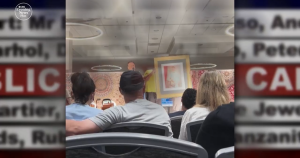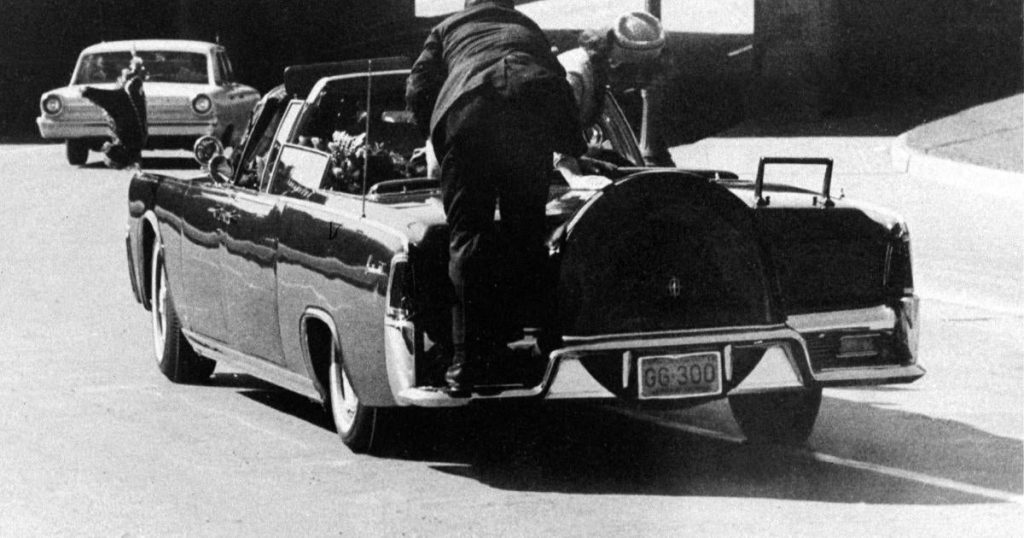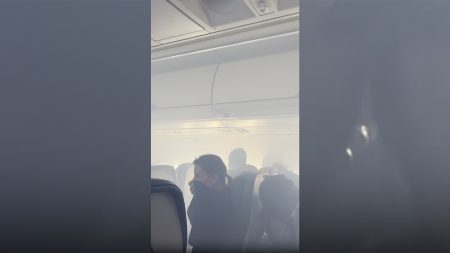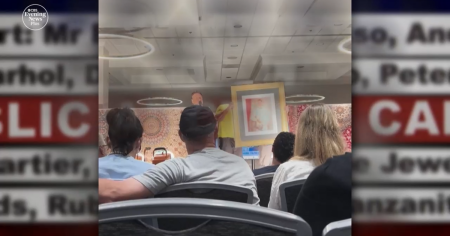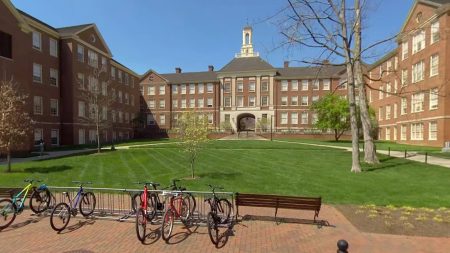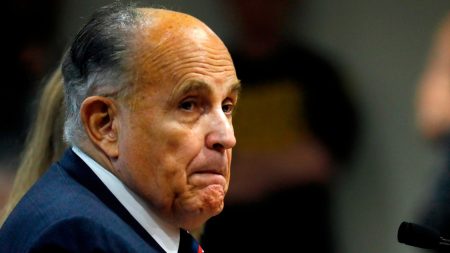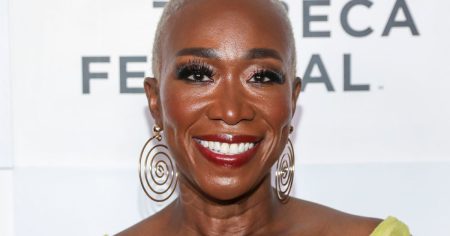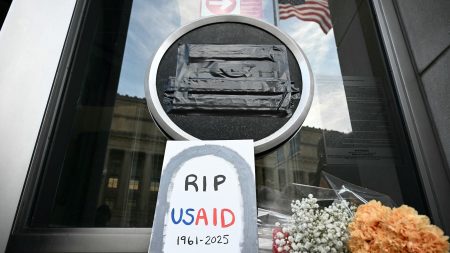Clint Hill: The Secret Service Agent Who Carried the Weight of JFK’s Assassination
Introduction
Clint Hill, the Secret Service agent who became an iconic figure in the aftermath of President John F. Kennedy’s assassination, passed away on Friday at the age of 93. His death marks the end of an era for one of the last living witnesses to that tragic event in American history. Although Hill’s name may not be widely recognized, his actions on November 22, 1963, are forever etched in the collective memory of the nation. The haunting footage of Hill leaping onto the back of the presidential limousine, captured by Abraham Zapruder’s home movie, has become one of the most enduring images of that fateful day in Dallas.
His Heroic Actions During the Assassination
Hill’s bravery and quick reflexes in the face of unimaginable chaos were evident as he sprang into action. Assigned to protect First Lady Jacqueline Kennedy, Hill was riding in the follow-up car behind the presidential limousine when the shots rang out in Dealey Plaza. After hearing the first shot and seeing President Kennedy slump in his seat, Hill instinctively reacted. He leaped from the Secret Service car and grabbed hold of the limousine’s trunk handle, pulling himself onto the moving vehicle. Just as the car sped away, Hill forced Jacqueline Kennedy, who had crawled onto the trunk in shock, back into her seat, ensuring her safety.
Despite his heroic actions, Hill would carry the weight of that day with him for the rest of his life. The circumstances of the assassination left him with deep emotional scars, as he grappled with feelings of guilt and regret. Hill often wondered if he could have acted faster or done more to prevent the tragedy, a sentiment he expressed publicly in interviews over the years.
A Life Haunted by Guilt and Tragedy
The aftermath of the assassination took a profound toll on Hill’s mental and emotional well-being. Despite being awarded multiple Secret Service commendations for his bravery and later being promoted to positions of higher responsibility, Hill could not shake the feeling that he had failed in his duty to protect President Kennedy. He often blamed himself for not reacting quickly enough to prevent the fatal headshot that struck the president.
The weight of these emotions led Hill to retire from the Secret Service at the relatively young age of 43. His doctors, recognizing the toll his grief and guilt were taking on his mental health, urged him to step down. In the years that followed, Hill struggled with deep depression and recurring memories of the assassination. His experiences even inspired the 1993 Clint Eastwood film “In the Line of Fire,” which tells the story of a former Secret Service agent haunted by the tragedy in Dallas.
The 1975 Interview: A Turning Point in Hill’s Journey
In 1975, Hill broke his silence about the assassination in a deeply emotional interview with Mike Wallace on CBS’s “60 Minutes.” The interview, which marked one of the first times Hill had spoken publicly about that day, was a cathartic experience for him. During the conversation, Hill broke down in tears as he recounted his memories of the assassination and expressed his enduring sense of responsibility for the president’s death.
“If I had reacted just a little bit quicker,” Hill told Wallace, his voice trembling with emotion. “And I could have, I guess. And I’ll live with that to my grave.” Hill’s words captured the anguish of a man who had spent years replaying the events of that day in his mind, searching for answers that may never come. The interview not only provided a glimpse into Hill’s personal torment but also humanized a figure who had become a symbol of heroism and loss.
Finding Healing and Purpose in Later Life
Decades after the assassination, Hill began to find a measure of peace and closure. In his later years, he co-authored several books about his time in the Secret Service, including memoirs that offered a firsthand account of his experiences. These writings, along with public speaking engagements, allowed Hill to process his emotions and share his story with a new generation.
Hill’s healing journey was further aided by his reunion with Mike Wallace on CNN’s “Larry King Live” in 2006. Reflecting on their initial interview, Hill credited Wallace with helping him confront his emotions and begin the process of healing. “It was because of his questions and the things he asked that I started to recover,” Hill said. This journey of self-reflection and forgiveness was also supported by his marriage to Lisa McCubbin Hill in 2021, with whom he shared a deep and enduring love.
Legacy and Final Farewell
Clint Hill’s legacy is one of both heroism and vulnerability. His actions on the day of the assassination will forever be remembered as a testament to his dedication and bravery. Yet, his willingness to confront his emotional struggles and share his story with the world adds another layer to his legacy—one of resilience and humanity.
As news of Hill’s passing spread, tributes poured in from across the nation. His life was celebrated not only for his service to the country but also for the way he carried the burden of history with grace and humility. Hill’s story serves as a reminder of the enduring impact of the Kennedy assassination and the often unseen toll it took on those who witnessed it firsthand.
A private funeral service for Hill will be held in Washington, D.C., where he will be honored for his service and remembered for the profound mark he left on American history. His passing closes a chapter on a life that was both extraordinary and deeply human, a life shaped by moments of heroism and the quiet struggle to find peace in the face of tragedy.

